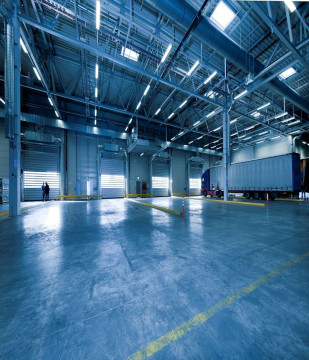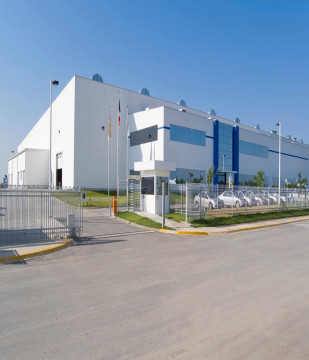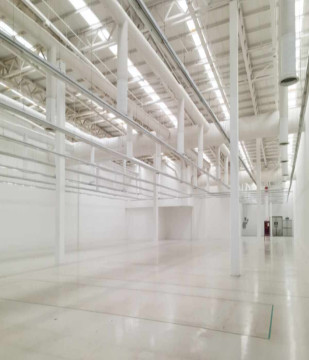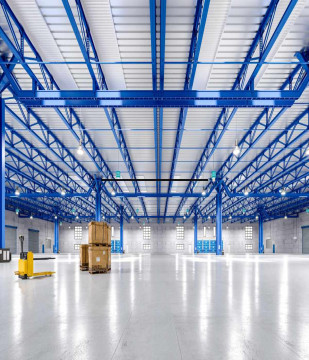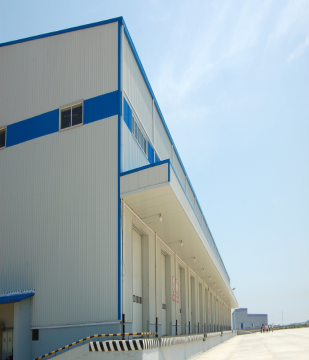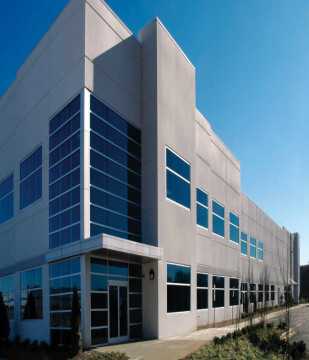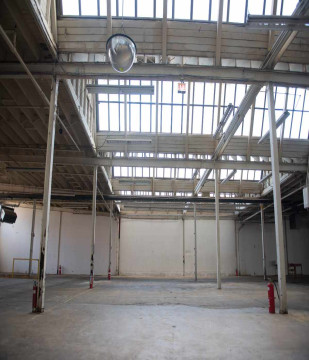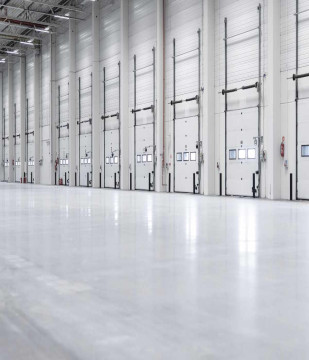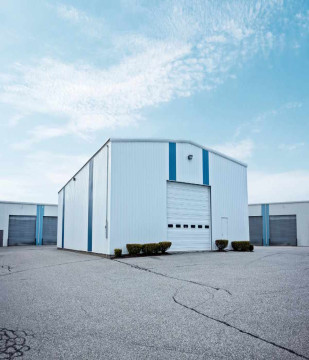Navigating Self-Storage Investing

Terrydale Capital
Jun 6, 2024 7 Min read
 Learn
Learn
In the world of commercial real estate, self storage has emerged as a lucrative and resilient investment opportunity. Often overshadowed by more glamorous sectors like office buildings, retail spaces, and multifamily housing, self storage offers unique benefits that savvy investors are beginning to recognize. This blog will delve into what self storage is and outline the compelling advantages it offers to commercial real estate investors.
What is Self Storage?
Self storage, also known as mini storage or self-service storage, refers to facilities that offer storage spaces (such as rooms, lockers, containers, and outdoor spaces) for rent to individuals and businesses. These spaces are typically leased on a month-to-month basis, providing customers with flexible and accessible storage solutions for their belongings.
Self storage facilities can vary significantly in size and amenities, ranging from basic, no-frills storage units to climate-controlled, highly secured units. These facilities cater to a wide array of storage needs, including:
- Personal items such as furniture, clothing, and household goods.
- Business inventory, documents, and equipment.
- Recreational vehicles, boats, and automobiles.
Benefits of Investing in Self Storage
1. Recession-Resistant Asset Class
One of the standout benefits of investing in self storage is its resilience during economic downturns. Unlike many other real estate sectors, self storage tends to perform well in both good times and bad. During economic booms, people acquire more goods and businesses expand, leading to increased demand for storage. Conversely, during recessions, individuals downsize or move, and businesses need to store excess inventory or equipment, again driving demand for storage space.
2. High Demand and Consistent Occupancy Rates
The demand for self storage has been on a steady rise, driven by various factors including urbanization, the growing number of renters, and the increasing need for additional storage space. This consistent demand translates to high occupancy rates for self storage facilities, providing investors with a stable and predictable income stream.
3. Low Maintenance and Operating Costs
Compared to other types of commercial real estate, self storage facilities are relatively low maintenance. There are no tenants to manage daily, and maintenance typically involves straightforward tasks like ensuring security systems are functional, keeping the premises clean, and performing occasional repairs. This results in lower operating costs and higher profit margins.
4. Scalability and Flexibility
Self storage facilities offer significant scalability. Investors can start with a single facility and expand by adding more units or acquiring additional properties. Moreover, the month-to-month lease structure allows for flexibility in adjusting rental rates, enabling investors to respond quickly to market changes and optimize revenue.
5. Diversification and Risk Mitigation
Adding self storage to a real estate portfolio provides diversification, which is a key strategy for risk mitigation. Since self storage has different demand drivers compared to other real estate sectors, it can help balance out the performance of a portfolio. For example, if the office or retail market faces a downturn, self storage can provide a stable income stream, reducing overall investment risk.
6. Technological Advancements
The self storage industry is embracing technological advancements that enhance operational efficiency and customer experience. Innovations such as online rental platforms, automated access control systems, and smart security solutions are making it easier to manage facilities and attract tech-savvy customers. These advancements can lead to higher occupancy rates and increased profitability.
7. Tax Benefits
Investing in self storage can also offer tax advantages. Real estate investors can benefit from depreciation deductions, which can significantly reduce taxable income. Additionally, certain operational expenses related to the maintenance and management of self storage facilities can be deducted, further enhancing the financial appeal of this investment.
Conclusion
Self storage is a dynamic and profitable segment of the commercial real estate market that offers numerous benefits to investors. Its recession-resistant nature, consistent demand, low operating costs, and scalability make it an attractive option for those looking to diversify their portfolios and achieve stable returns. As the demand for storage solutions continues to grow, self storage presents a compelling opportunity for both seasoned and novice real estate investors.
By understanding the unique advantages of self storage, investors can make informed decisions and capitalize on this burgeoning sector, ensuring long-term success in the ever-evolving landscape of commercial real estate.
At Terrydale Capital, we have the vast resources and expertise surrounding self storage to guide any investor towards success. With over 1,800 connections to the nation’s top lending institutions, we have the ability to tailor financing like nobody else. Contact us today to get started.
Partner With Terrydale Capital for Your Debt Financing Needs
When it comes to debt financing, understanding the right timing, process, and options is crucial. At Terrydale Capital, we provide a comprehensive range of commercial loan solutions tailored to meet your business's unique needs.



























